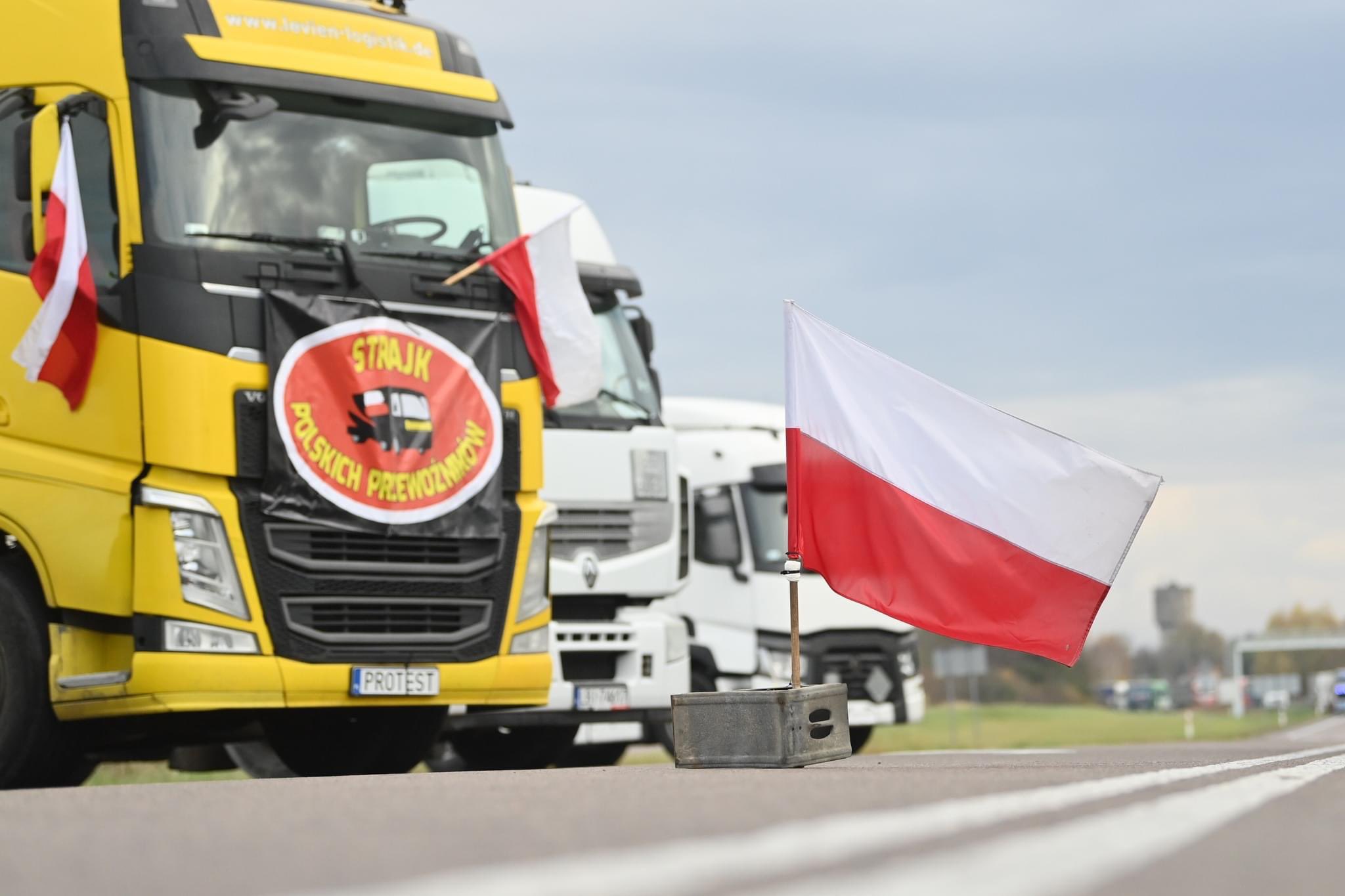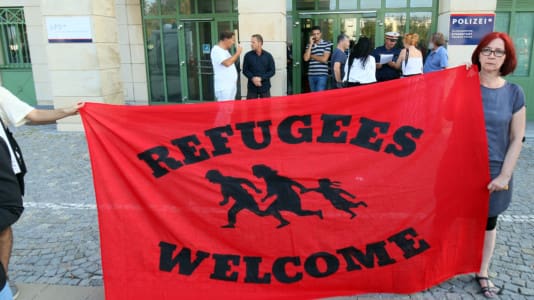The protests on the Polish-Ukrainian border are escalating as farmers join the blockade of border crossings and the European Commission fails to provide any viable resolution to the ongoing accusations of unfair competition.
It was the original EU decision to relax permit requirements for Ukrainian truck drivers throughout the bloc that is at fault, but it is important to note that the Polish conservative Law and Justice (PiS) government voted in favor of the measure in the European Council — both in the original EU-Ukraine deals and its extension.
This was par for the course for this government, which has consistently backed Ukrainian interests against those of Poland.
As a result of the EU decision, the number of Ukrainian trucker journeys this year throughout Poland exceeded 1 million, whereas originally licensing allowed for only a third of that number. In this respect, the situation is reminiscent of that with farmers and grain because Ukrainians do not have to conform to EU regulations to access all of the EU market.
It’s worth asking: If Europe’s leading nation in road haulage had been Germany rather than Poland would licensing have been abandoned?
The situation on the border is tense. Only the presence of the police has ensured that there has been no violence between Ukrainians and Poles.
The new parliamentary majority remains silent on the issue. It’s worth noting that the new chairman of the foreign affairs committee, Paweł Kowal from Donald Tusk’s Civic Coalition (KO), is one of the most pro-Ukrainian politicians in Poland.
This dispute is symptomatic of the fact that Ukrainian accession to the EU, backed by both the outgoing and incoming Polish governments, is contrary to Polish interests because Ukraine is Poland’s biggest rival in fields such as agriculture and trucking.
Ukraine’s accession to the EU will cause additional harm to Poland. Not only will we become a net contributor from the next budget perspective (which will happen even without Ukraine joining the Union), but we will also be supporting our direct competitor with our taxpayers’ money.






